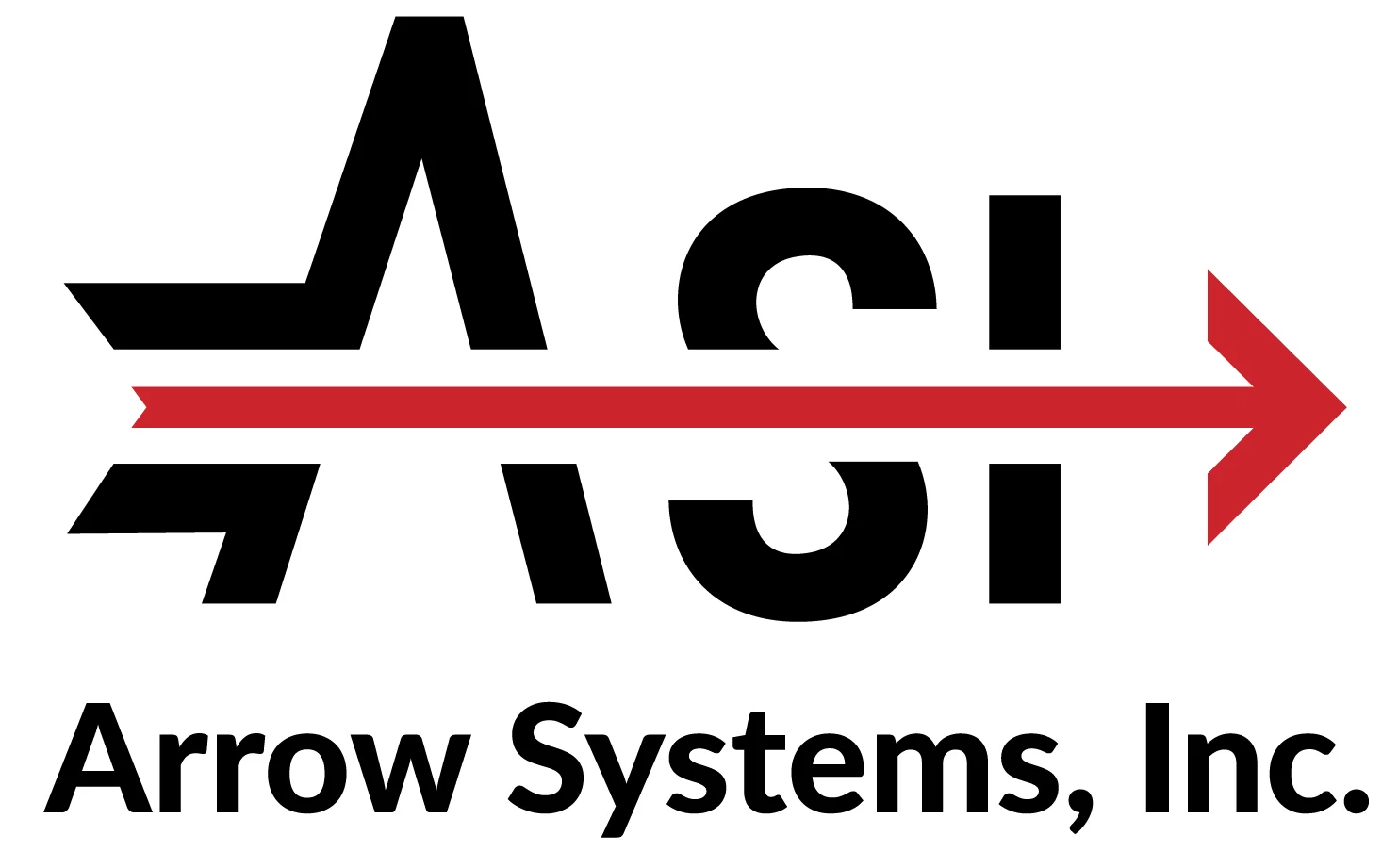European Compliance Standards on Flexible Packaging

New European Standards in Packaging
The European Union has always placed strict regulations on their protective packaging, and continues to do so; re-evaluating their socio and economic impact, especially in recent years.
While Nestlé as an international company has its own standards on packaging and is more well known as a leading business, distributing everything from wheat crackers and chocolate, to coffee creamers, it is much less strict with how their products are packaged and distributed.
Meanwhile, Swiss compliance regulations are typically less well known, but their standards are much more stringent on the safety and effectiveness of its packaging.
Here are some of the most recent changes the EU has ordained, and how these new policies can affect your flexible packaging business in the future.
European Safety Standards On Packaging is Shifting
An article based solely on Swiss vs. Nestlé’ Compliance would be longer than most of us would have time for, but hopefully some of the information provided can help you understand some of the newest standards in the label and flexible packaging industry, and why they’re important to consider when.
Switzerland has pledged to align its legislation with European Union rules in order to avoid impeding trade with EU-member states. To that end, there is no generic packaging regulation, but rather a set of specialized instructions for each form of packaging.
Unlike in the EU, Swiss legislation does not seek to embrace all packaging: no general ordinance on packaging exists, and no legislation is anticipated in the future. Nonetheless, the Beverage Containers Ordinance includes requirements for certain types of packaging or their qualities (2000).
Swiss Compliance in the Food Industry
Switzerland and the EU have had a mutual recognition agreement (MRA) on conformity assessment in place since 2002. It is applicable to important product areas such as machinery, electrical equipment, medical devices, building items, forklifts, and pesticides.
However, the chapter on medical devices expired in May 2021 due to Switzerland’s failure to establish an Institutional Framework Agreement with the EU. The EU has warned that in the absence of such an agreement, it would not be ready to revise any of the more than 100 treaties governing equal market access between Switzerland and the EU.
The EU announced new medical device standards that went into effect on May 26, 2021, however, the MRA had not been revised to reflect the new requirements.
For all new gadgets sold on the EU market, Swiss manufacturers are now treated the same as any other third-country producer, and EU manufacturers must likewise fulfill Swiss conformity norms.
If Switzerland and the EU do not agree to update additional MRA clauses in the future, mutual recognition in other product sectors may end once the EU sets new standards.
All this to say it can be very difficult to define which packaging rules to follow and when, since the EU and Switzerland both have their own set standards when it comes to packaging.
What does this Mean for Packaging Manufacturers?
The European Union is one of the most powerful forces in international commerce. The EU exports account for more than 15% of world exports, and the EU has now become the leading trade partner for 80 nations, which has helped Nestlé manufacture more products in more territories at a much faster pace.
Instead of focusing on the safety of the starting substances used in the manufacture of FCMs (futures commission merchants) new EU-specific rules would refocus on the safety of the final material and/or combinations of materials, addressing their full characteristics and thus, all substances that may potentially migrate into food.
While the focus would be on finished products, the assessment of individual compounds or groups of purposefully and inadvertently added substances would remain a crucial component of the overall safety evaluation and risk management results.
This would include a multi-tiered strategy to prioritizing substance regulation. Additionally, a greater emphasis would be placed on safeguarding certain sections of the population such as pregnant women and children, as well as potential collaborative impacts of various policies.
Supporting safer and more sustainable alternatives: The European Commission (EC) might introduce specific rules to ensure that FCMs made from foreseeably more sustainable sources and methods in the future, such as those that plant or bio-based, and are subject to committed and evident safety rules, in order to encourage their use. In addition, the European Commission would prioritize and encourage all types of safe reuse and recycling.
Sustainability in Food Packaging is on the Rise
Improving the quality and accessibility of supply chain data: The European Commission would establish clear and uniform data requirements and information transmission across the supply chain, as well as a Declaration of Compliance for all FCMs.
With sustainability and recyclability at the forefront of the EU’s restructuring process, it’s clear that’s where many of their newest policies will be focused. While it is quite difficult to keep up with all the constant safety and compliance changes, it’s important to know where these new policies are headed in the coming years, as they will affect how food packaging is produced and manufactured.
Utilizing an eco-friendly, water-based, pigmented inkjet printer, and food-safe mylar bags can help businesses adapt to a changing market and increase their sustainability and reduce their footprint. Safety in food packaging is an important factor to consider when getting into the European food and safety market.
Not sure where to start? Our label experts will be more than happy to help you find the best label and packaging equipment for your growing business. Call us today to learn more about our European compliant aqueous and safe-to-use inkjet printers!
